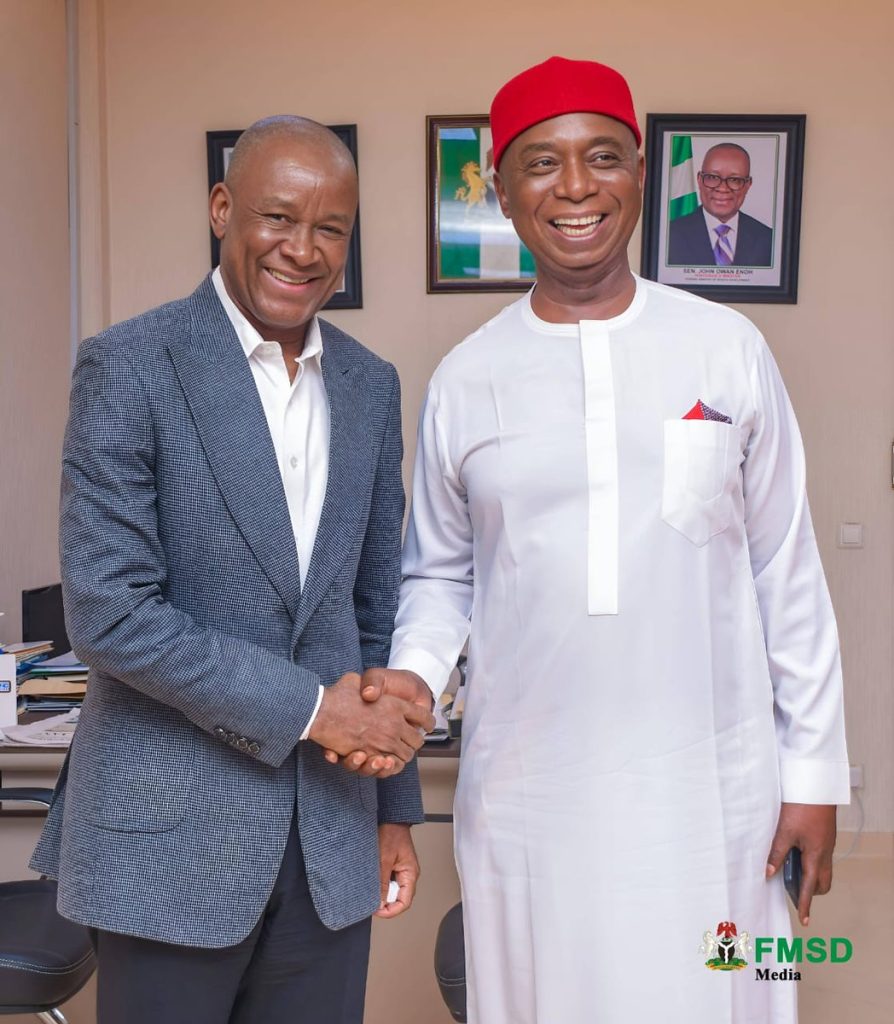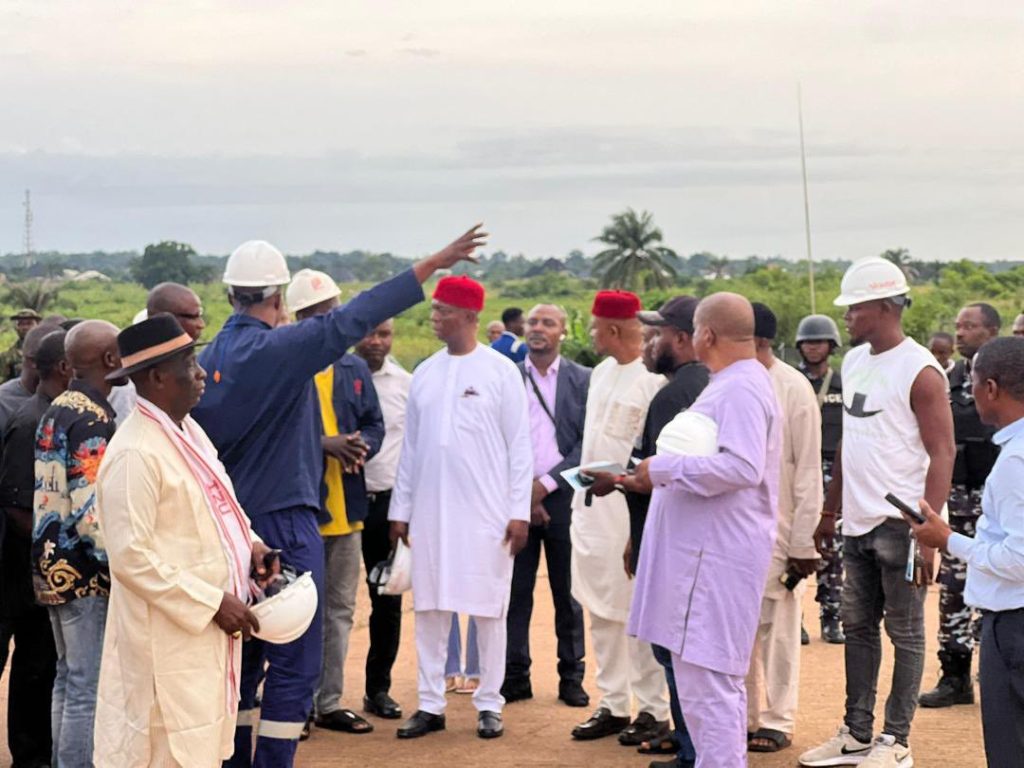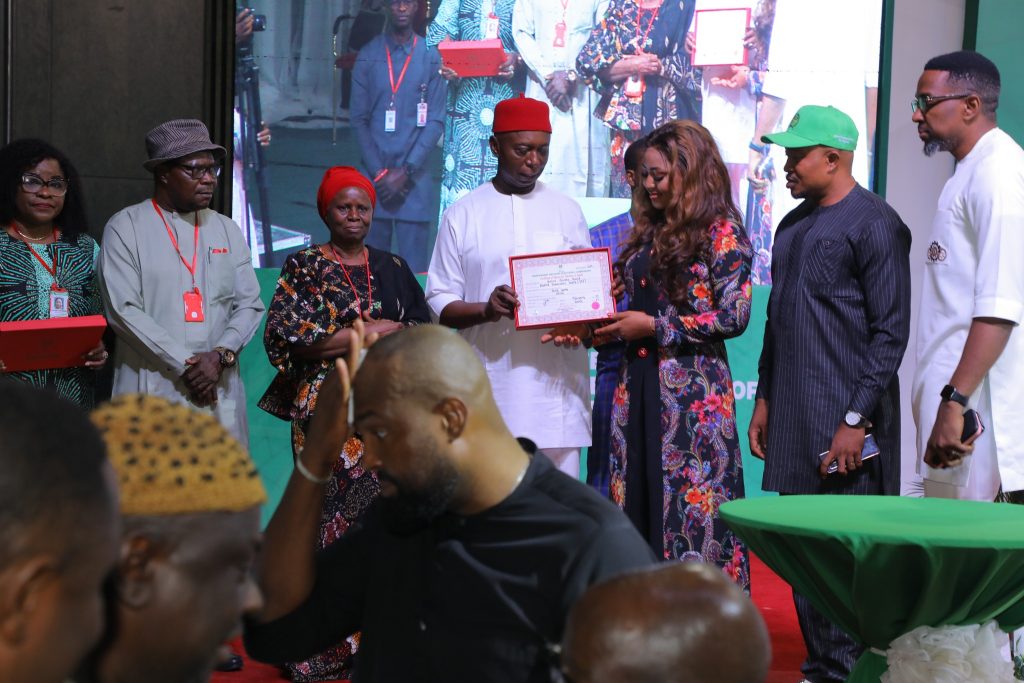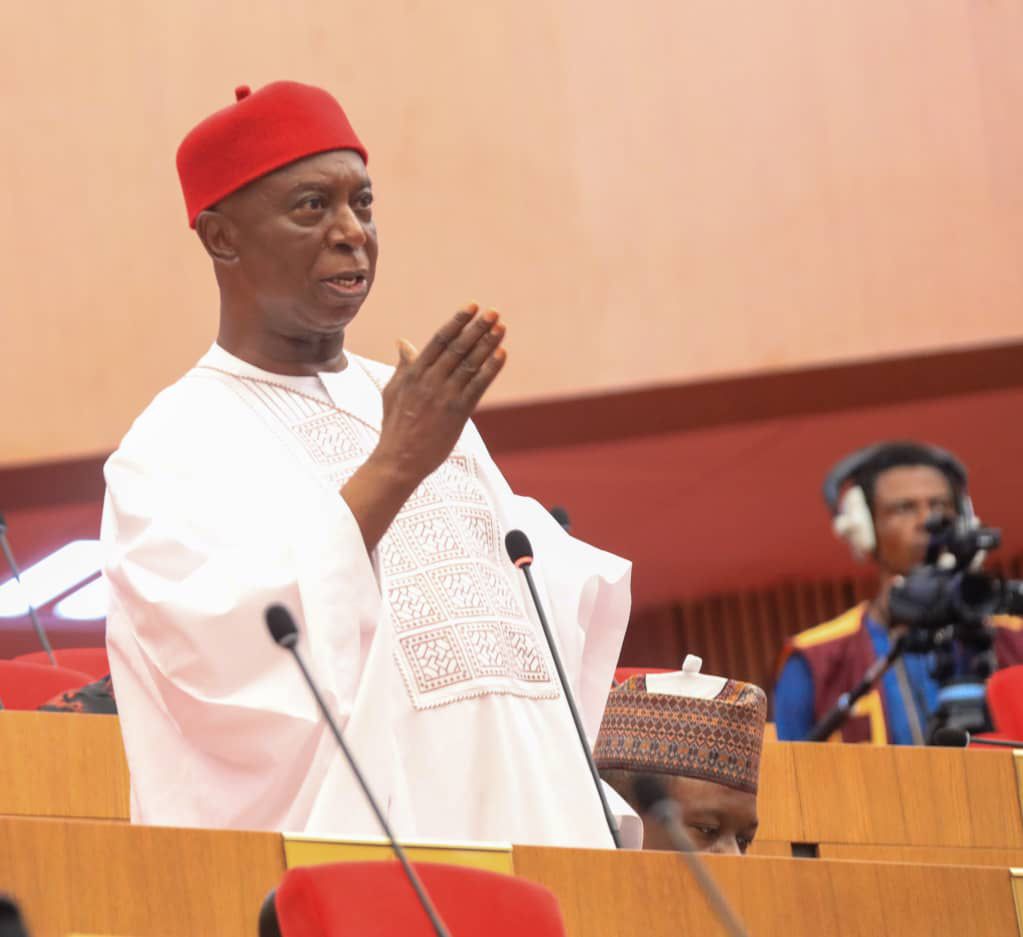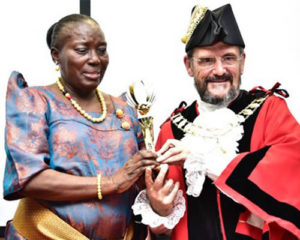In a historic announcement during the Wednesday plenary session on July 17, 2024, Senator Ned Munir Nwoko was appointed as the chairman of the newly established Senate Committee on Reparations and Repatriation. This appointment marks a pivotal moment as Nigeria and other African nations intensify efforts to confront historical injustices and advocate for reparations. The London Political Summit and Award extends heartfelt congratulations to Senator Nwoko on this significant appointment.
Senator Nwoko’s extensive background in law, politics, and philanthropy positions him uniquely to lead efforts in addressing these historical wrongs. Renowned for his instrumental role in securing the Paris Club loan refunds, which were crucial in stabilizing Nigeria’s economy, Nwoko brings a wealth of experience to this new role. His academic credentials include degrees in law and history from Keele University, England, and a Master’s in Maritime and Commercial Law from King’s College London.
Nwoko’s international experience is further underscored by his call to the English Bar as a Barrister at Law of Lincoln’s Inn and his tenure as Secretary-General of Nigerian Legal Practitioners in the UK. This global perspective, combined with his dedication to humanitarian causes and environmental advocacy, makes him exceptionally suited to chair the committee focused on reparations and repatriation.
A vocal advocate for addressing historical injustices, Senator Nwoko has been at the forefront of legislative efforts to demand reparations for slavery and mitigate neocolonialism in Nigeria and other African nations. He has also penned letters to the British Prime Minister, demanding an apology and reparations for the exploitation and inhumane treatment during the colonial era.
With his appointment, there is great anticipation that Senator Nwoko will lead the charge in addressing the legacies of slavery, colonialism, and exploitation, ensuring that the voices of those affected are heard and reparations are pursued. As a solicitor of the Supreme Court of England and Wales, he is well-positioned to carry forward the mantle from where Moshood Abiola left off and make significant strides in the realm of reparations and repatriation.
Reparations involve providing compensation or restitution to individuals or communities that have suffered harm due to historical injustices. This compensation can take various forms, including financial payments, land restitution, public apologies, educational and health programs, and cultural and symbolic measures. The goal of reparations is to address and rectify the long-term impacts of injustices, promote healing, and achieve greater equity.
Repatriation refers to the process of returning people or artifacts to their place of origin. This can include returning human remains, cultural artifacts, and other items to their countries or communities of origin, particularly those that were taken during colonial periods or through other exploitative means. It also involves assisting refugees or displaced persons in returning to their home countries or regions after conflicts, natural disasters, or other crises. Repatriation aims to restore ownership and cultural heritage, ensuring that communities can reclaim and preserve their history and identity. Notably, there are ongoing repatriation efforts, such as the return of many stolen artifacts from the Benin Kingdom by the British.
Mazi Godson Azu is the Co-Convener of the Annual London Political Summit and Awards and a Public Affairs commentator in the UK.
